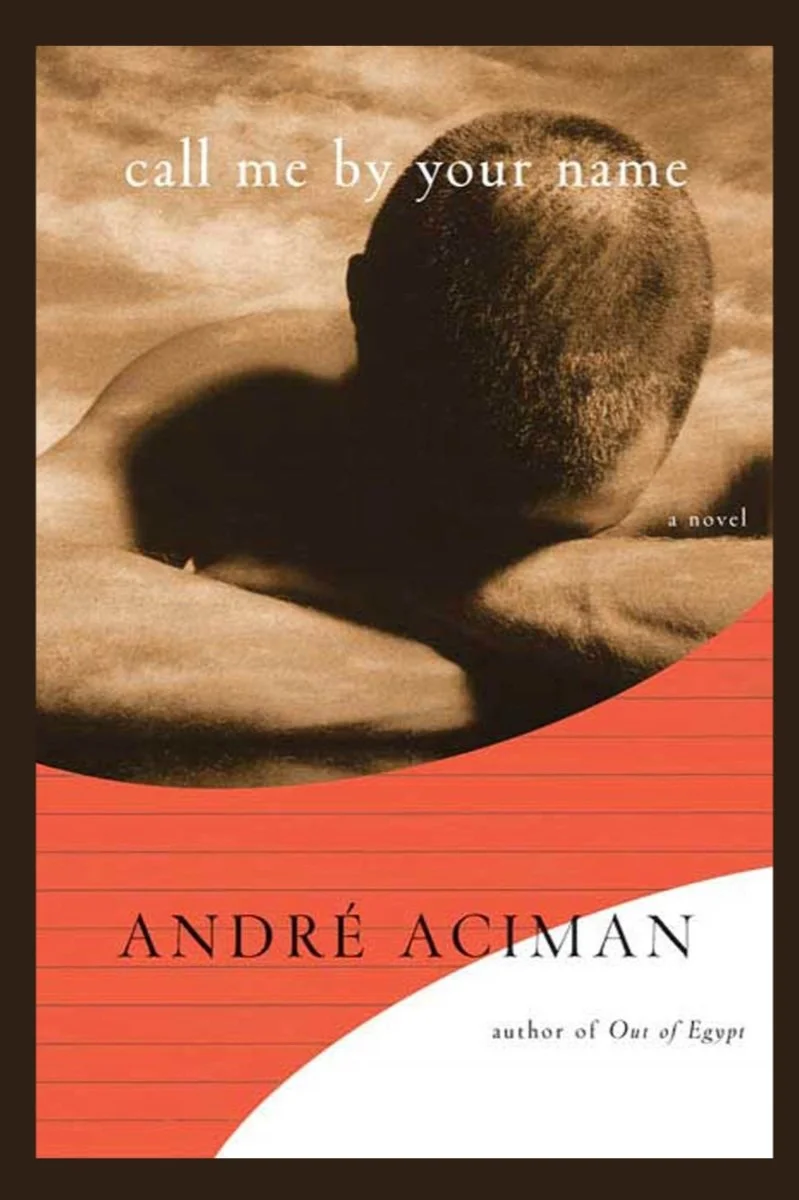Call Me By Your Name – André Aciman
Expectation: A slow-burn coming-of-age story about forbidden love.
Reality: A beautiful, sensual and deep exploration of desire and connection. While closely aligned to the film adaptation, the source material is worth the read.
My Take:
I’m incredibly late to the party on this one, but André Aciman’s “Call Me By Your Name” is a beautiful and sensual coming-of-age story that will easily land itself a place on my “best of” list for the year.
For those unfamiliar, the story follows Elio, a 17-year-old who falls for the older Oliver, his father's summer research assistant at their Italian villa in the 1980s. The romance is slow-burning and the will-they-won't-they tension had me hooked.
Elio and Oliver's relationship is complex and shaped by the societal constraints of the time. Both characters are likely bisexual, but they come alive in the intimacy and unguarded acceptance found with the other and must reconcile what that means. For a straight man, Aciman absolutely nailed a tender portrayal of men in love.
While I would’ve appreciated more than Elio’s POV (that comes in the sequel “Find Me”), Aciman's characterization of him is masterful. We see Elio grapple with his attraction to Oliver, a yearning he can't quite define but that he recognizes feels essential to a fulfilling life.
Even after shame from their initial intimacy, Elio recognizes a deeper truth: this connection with Oliver is not about labels, it’s simply a natural expression of their profound bond.
Even though I had seen the film adaptation and knew the plot, visiting the original is definitely worth it as the film doesn’t introduce you to Aciman's gorgeous prose that straddles heartbreaking and heartwarming.
[minor spoiler] Even though Elio and Oliver don't end up together, it feels less like a tragedy. I appreciate that Aciman didn’t use a plot device — like homophobia or HIV/AIDS, which is de rigueur for the era — to keep them apart instead leveraging the bittersweet villains of circumstances and timing. [spoiler ended]
In my ways I wished I hadn’t seen the film prior to reading the novel, because it is so well-executed and true to the source material (with some minor adjustments) that it was difficult for me to picture anyone except Timothée Chalamet as Elio, Armie Hammer as Oliver (more on that later) and the scenes Luca Guadagnino presented. That’s not necessarily a bad thing, but I’d prefer to build my own world based on what I’m experiencing.
Go into this knowing it is a well-executed but imperfect novel. There are moments of excess — specifically the frequent dialogue about philosophy, and the chapter in Rome with endless pontifications by minor characters.
Not to mention some of the metaphors are a bit obvious, and many readers are put-off by the age gap between Elio and Oliver, although this didn’t bother me as it clearly wasn’t about grooming.
Most disappointing to me, however, was the book downplays the scene where Elio's father reveals the concept of “special friendships,” a moment that resonated deeply in the film. Still, these are all minor gripes for a novel that has rightfully claimed a modern classic moniker.
Armie Hammer delivers a fantastic audiobook narration, which makes it difficult to separate the art from the artist in light of his controversies. However you feel about him, you can’t deny that his performance remains undeniably skilled.
Rating (story): 5/5 stars
Rating (narration): 5/5 stars
Format: Audiobook (library loan)
Dates read: June 9 – June 11, 2024
Multi-tasking: Okay. This is entirely character-driven, so if you aren’t paying close attention you’ll miss the subtle characterizations that Aciman reveals. I listened to this on a road trip, and it was a perfect activity to focus on the story.




